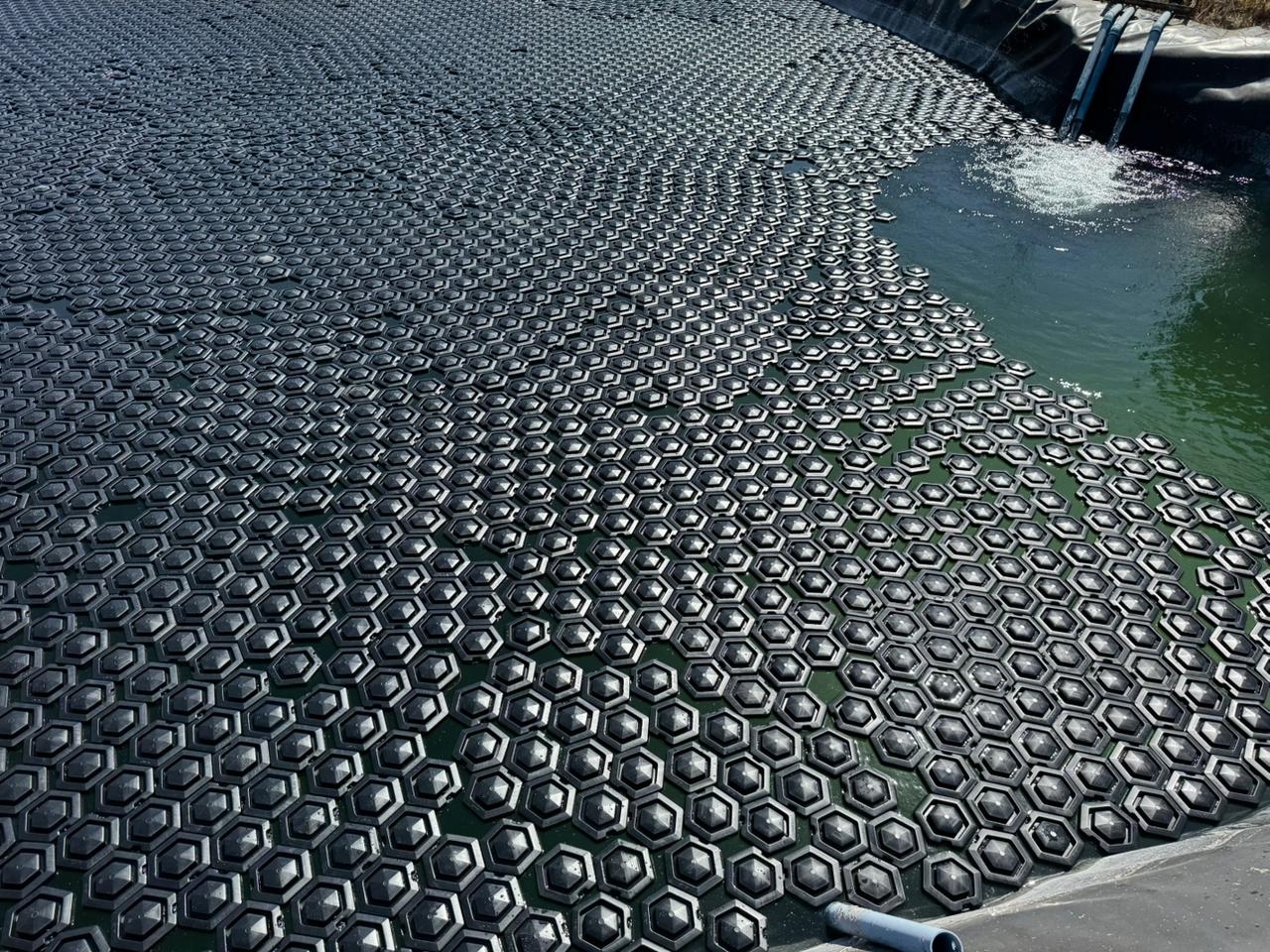6.10.2025
The Importance of Floating Covers in Water Protection for Agricultural Development and Sustainability
Water
Evaporation

The Importance of Floating Covers in Water Protection for Agricultural Development and Sustainability
In the face of growing concerns about water scarcity and climate change, agricultural businesses are increasingly turning to innovative solutions that enhance water management. One such solution is the implementation of floating covers, which play a crucial role in protecting water resources while promoting sustainable agricultural practices. In this comprehensive blog post, we will explore the significance of floating covers, their contribution to water protection, their impact on agricultural development, and their alignment with sustainability goals.
Understanding Floating Covers
Floating covers are structures designed to float on the surface of water bodies, such as reservoirs or irrigation ponds. Their primary function is to reduce water evaporation significantly and reduce algae growth, which can be substantial issues in many agricultural areas.
Various types of floating covers exist, including continuous covers, modular covers, and suspended covers, each with unique advantages and applications.
1. **Continuous Covers**: These covers completely seal the surface of the water, blocking sunlight and preventing evaporation and algae growth. They are typically heavier and require supporting structures. Continuous floating covers prevent evaporation and algae growth, improving water quality.
2. **Modular Covers**: These covers rest on the water surface and are made of lighter materials and can be deployed more easily. They provide flexibility and require no infrastructure for installation, making them cost-effective options for farmers. Modular floating covers have become an attractive alternative for irrigation sectors due to their competitive costs.
3. **Suspended Covers**: These structures are supported over structures, usually tensed wires, above the water surface, leaving a gap and allowing for some airflow while still blocking sunlight to reduce evaporation. They are partially effective.
The Role of Floating Covers in Water Protection
The primary benefit of floating covers is their ability to minimize water loss due to evaporation. In regions experiencing drought or limited water supply, this technology becomes essential. Studies have shown that floating covers can reduce evaporation by up to 95%. This conservation of water is critical for agricultural sustainability, ensuring farmers have access to the water needed for irrigation and livestock.Additionally, floating covers help prevent contamination from wildlife, which is particularly important for maintaining the quality of water used in agricultural operations. By creating a barrier between the water and potential contaminants, floating covers help protect crops and livestock from waterborne diseases.
Enhancing Agricultural Development
Implementing floating covers can have a profound impact on agricultural development. The reduction in water loss directly translates to more reliable water resources for irrigation, which can lead to increased crop yields. Farmers can irrigate more effectively, pushing productivity and ensuring better food security.Moreover, as agricultural practices evolve to meet the demands of a growing population, the integration of floating covers can be a game-changer. By optimizing water use, farmers can pursue more sustainable practices, reducing their overall environmental footprint while still meeting production goals. This alignment with sustainability is crucial as consumers increasingly demand environmentally responsible products.
Sustainability and Floating Covers
Sustainability is at the forefront of modern agricultural practices. Floating covers contribute to sustainability in several ways:1. **Water Conservation**: By significantly reducing evaporation, floating covers ensure that water resources are used more efficiently. This conservation is vital in regions prone to drought or where water is a limited resource.2. **Energy Generation**: Floating covers are compatible with floating solar panels, providing a dual function of water protection and renewable energy generation. This innovative approach not only reduces evaporation but also contributes to energy sustainability in agricultural operations.3. **Reduced Chemical Use**: With improved water quality and reduced algae growth, farmers will need fewer chemical treatments for their water bodies, lowering operational costs and environmental impact.4. **Climate Resilience**: As climate change continues to impact weather patterns and water availability, floating covers offer a way for farmers to adapt to these changes. By ensuring a stable water supply, they help farmers remain resilient in the face of climate variability.
Floating covers are an essential technology for protecting water resources in agricultural development. Their ability to minimize evaporation, prevent contamination, and enhance water quality makes them a valuable tool for farmers. As the agricultural sector continues to evolve towards more sustainable practices, the integration of floating covers will be paramount.
Share